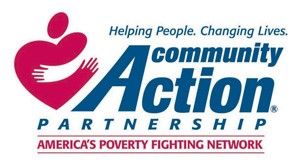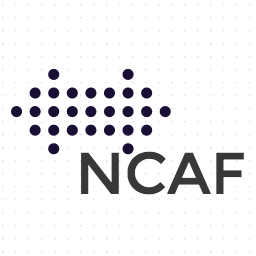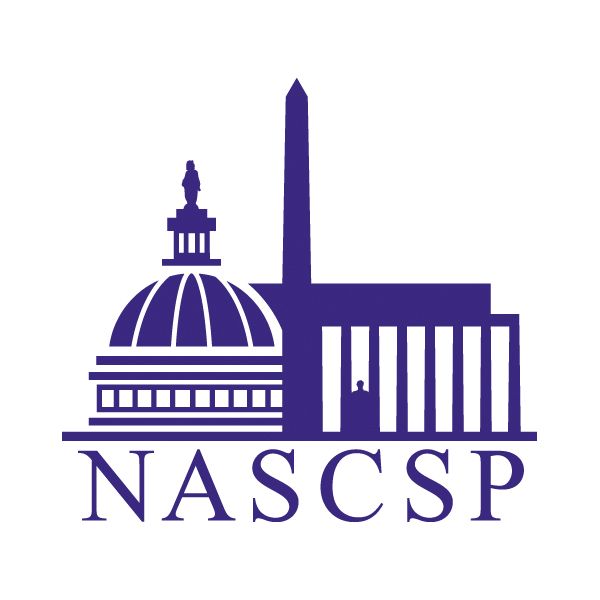Results Oriented Management and Accountability
The system known as ROMA, or Results Oriented Management and Accountability, was created in 1994 by an ongoing task force of Federal, state, and local community action officials – the Monitoring and Assessment Task Force (MATF). Based upon principles contained in the Government Performance and Results Act of 1993 (GPRA), ROMA provides a framework for continuous growth and improvement, and was defined as "a performance-based initiative designed to preserve the anti-poverty focus of community action and to promote effectiveness among state and local agencies receiving Community Services Block Grant (CSBG) funds."
The premise of ROMA is built on Six National Goals. These goals for community action specifically addressed the three areas identified in the 1994 amendment, and added agency goals. The Community Services Network has been guided by these six broad anti-poverty goals since they were established by the MATF in 1994.
Six National Goals
Goal 1: Low-income people become more self-sufficient. (Family)
Goal 2: The conditions in which low-income people live are improved. (Community)
Goal 3: Low-income people own a stake in their community. (Community)
Goal 4: Partnerships among supporters and providers of service to low- income people are achieved. (Agency)
Goal 5: Agencies increase their capacity to achieve results. (Agency)
Goal 6: Low-income people, especially vulnerable populations, achieve their potential by strengthening family and other supportive systems. (Family)
To accomplish these goals, local community action agencies have been encouraged to undertake a number of ROMA implementation actions that focus on
results-oriented management and results-oriented accountability:
Results-Oriented Management
Assess poverty needs and conditions within the community;
Define a clear agency anti-poverty mission for community action and a strategy to address those needs, both immediate and longer term, in the context of existing resources and opportunities in the community;
Identify specific improvements, or results, to be achieved among low-income people and the community; and
Organize and implement programs, services, and activities, such as advocacy, within the agency and among “partnering” organizations, to achieve anticipated results.
Results-Oriented Accountability
Develop and implement strategies to measure and record improvements in the condition of low-income people and the communities in which they live that result from community action intervention;
Use information about outcomes, or results, among agency tripartite boards and staff to determine the overall effectiveness, inform annual and long-range planning, support agency advocacy, funding, and community partnership activities.







